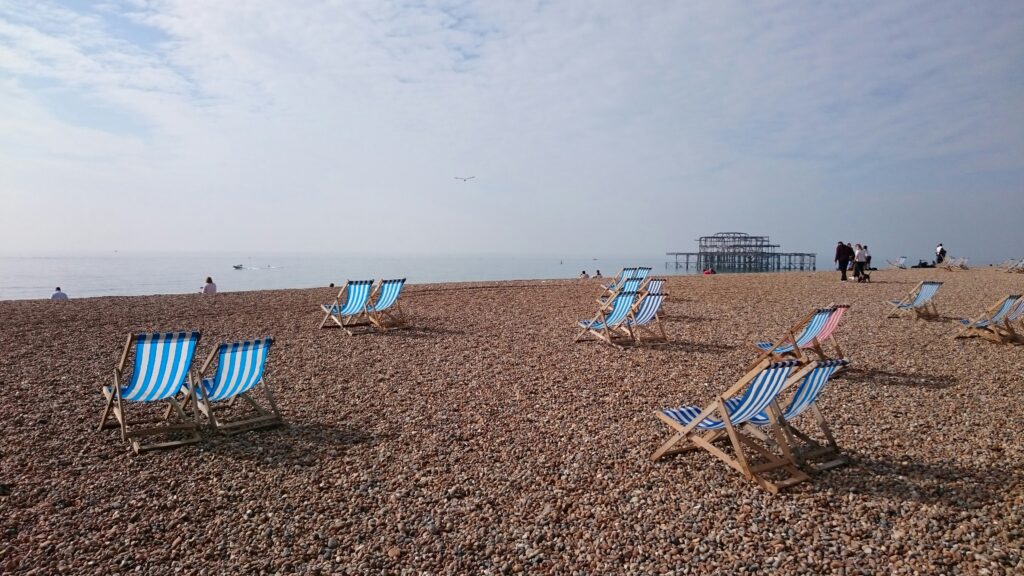
How to Avoid Capital Gains Tax: The Ultimate Guide
Estimated reading time 6 minutes
If you’re preparing to sell a property, there’s a lot to think of…but there’s one thing you definitely don’t want to catch you off guard…
Capital Gains Tax (CGT) is a tax you pay on the profit you make when you sell a property. And, it’s important to understand CGT to avoid any nasty surprises when you sell up.
This guide gets you up to speed—from the CGT tax rate, to how the Capital Gains Tax allowance works, to how to reduce the amount of CGT you owe. Let’s get started.
What is Capital Gains Tax?
Capital Gains Tax (CGT) is a tax you pay on the profit you make when you sell an asset that has increased in value since you bought it. This includes assets such as property, stocks and shares.
The amount of CGT you pay depends on your overall income and the value of your gains—as well as what the tax-free allowance is at the time of selling.
To pay your CGT you’ll need to self-report your taxable gains to HMRC within 60 days of the sale, and pay any taxes due within that timeframe too. If you don’t, you could face financial penalties.
What is the Capital Gains Tax allowance?
Similar to the income tax threshold, the government offers a tax-free allowance for capital gains. For the 2024/25 tax year, this allowance stands at £3,000 for individuals. This allowance is annual, resetting each year on April 6th.
This means you can profit up to £3,000 from selling an asset without paying Capital Gains Tax—though If your income is more than £100,000, your CGT allowance will decrease.
What are the Capital Gains Tax rates 2024/2025?
If your capital gains are more than the annual allowance, you’ll owe CGT on the rest. The tax rate depends on your income tax band and the type of asset you’re selling:
- Basic rate taxpayers: 18%
- Higher/Additional rate taxpayers: 24%
But selling a property that’s significantly gone up in value doesn’t automatically mean a huge tax bill. Let’s explore ways to reduce what you owe.
Capital Gains Tax and budget announcements
Keep an eye out for Capital Gains Tax (CGT) updates. The Chancellor of the Exchequer usually announces any changes to these rules in the autumn budget speech. These changes then typically take effect in the following tax year.
Most recently it was announced that CGT will increase from 10% to 18% for those paying the lower rate, and 20% to 24% for those paying the higher rate. These new rates match the residential property rates, which will remain unchanged at 18% for the lower rate and 24% for the higher rate.
Be aware that there can also be surprise announcements. “Emergency” or “mini” budgets may be introduced throughout the year if economic circumstances require them.
Looking for the latest CGT information? The best resource is the official government website, Gov.uk. They keep it updated with any recent changes or announcements.
How does Capital Gains Tax work?
Capital Gains Tax (CGT) is a tax you pay on the profit you make when you sell a property, not the amount you sell it for. This typically applies to personal property sales, not those made through a limited company. The tax is due on the “gain” you make, which is the difference between the selling price and the original purchase price (minus any allowable expenses).
The key date for CGT purposes is the date of exchange of contracts, not the completion date. This means you’ll need to report the gain and pay the tax even if the sale doesn’t complete until later.
CGT is a self-assessment tax, meaning you’re responsible for calculating and reporting it to HMRC. This can be complex, especially if you have multiple properties or have made improvements to the property during your ownership.
To ensure you’re paying the correct amount of CGT and avoiding penalties, it’s highly recommended to consult with a qualified accountant or tax advisor. They can help you accurately calculate your gain, identify any potential deductions or reliefs, and file your tax return on time.
Reducing your Capital Gains Tax bill
Maybe you’re here because you’re wondering how to avoid Capital Gains Tax. It’s always wise to talk to an advisor when it comes to tax, as every situation is different, but here are a few ways you might be able to reduce the amount you owe:
- If you’ve lost money on other property sales, you can use those losses to offset your CGT on the property you’re selling now.
- You can also deduct the cost of repairs, renovations and selling expenses from your profit.
- There are special rules called reliefs that can lower your CGT. For example, if the property was your main home, you might qualify for Private Residence Relief. If you are buying a new main home, it’s generally advisable to sell your old home first to avoid double taxation.
- If you’re selling a tenanted property, you may qualify for Let Property Relief, which reduces the CGT rate on the gain.
How do the costs compare when selling to a cash house buyer?
Below we take a look at selling a second property via an estate agent against a cash house buyer based on a property that was purchased for £100,000.
| Costs | Estate Agent | Cash House Buyer |
| Original Purchase Price | £100,000 | £100,000 |
| Sale Price | £150,000 | £127,500 |
| EPC (including VAT) | £144 | £0 |
| Estate Agent Fees (2% + VAT) | £3,600 | £0 |
| Conveyancing (including VAT) | £1,800 | £0 |
| Mortgage Payments (85% LTV at 5% rate for 6 months) | £3,187.50 | £0 |
| Utilities | £900 | £0 |
| Capital Gains Tax | Lower rate: £9,464 Higher rate: £11,280 | Lower rate: £4,410 Higher rate: £5,880 |
| Net | Lower rate: £119,624.50 Higher rate: £117,008.50 | Lower rate: £123,090 Higher rate: £121,620 |
So, you could potentially spend around £5,000 on fees, which doesn’t include your deposit, Stamp Duty or Land Tax. And if you’re selling a property and buying a new one, you could actually spend double this amount.
Ultimately, what you pay depends on what services you need to complete your move, which area you live in, and the value of the property you’re selling. But, by comparison, you have absolutely none of these costs when selling to a cash house buyer.
Thinking about selling?
We know selling a property can be overwhelming, especially with CGT on your mind. At SellHouseFast.co.uk, we can simplify the process.
We’re a cash house buyer who can purchase your property extremely quickly. We even take care of the paperwork for you.
Get a free no-obligation quote today and see how SellHouseFast.co.uk can help you move forward with your goals.


